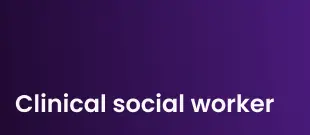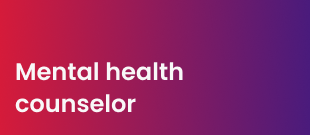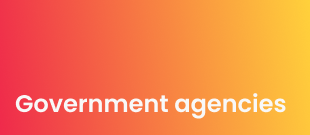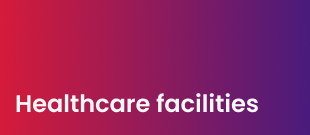While all three professions share a commitment to helping others, they differ in their approach and scope of practice:
- Counselors: Typically hold a master’s degree and focus on providing guidance, coping strategies, and support to individuals facing various life challenges.
- Psychologists: Require a doctoral degree (PhD or PsyD) and are trained to diagnose and treat mental health disorders through therapy and assessments. Some psychologists focus on research or organizational consulting.
- Social Workers: Hold a bachelor’s or master’s degree in social work (BSW or MSW) and focus on connecting individuals, families, and communities with resources and advocating for social justice.











